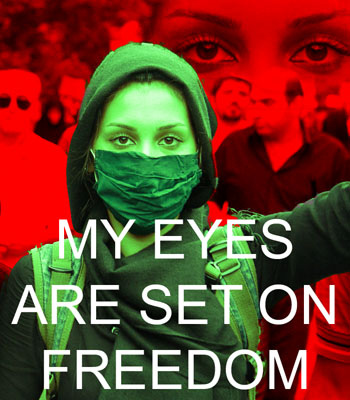Top officials say UN development system must adapt to challenges posed by post-2015 agenda
Source:UN News.
23 February 2015 – Top United Nations officials today underlined the importance of ongoing review and reform of the Organization’s development system as Member States met to begin the UN Economic and Social Council’s (ECOSOC) Operational Activities Segment.
Joining ECOSOC Vice-President María Emma Mejía Vélez at the podium, Deputy Secretary-General Jan Eliasson looked forward to a year of milestones, while pointing to the breadth of engagement of a wide range of actors in preparing for the post-2015 development agenda.
“We have set the bar high this year,” he said, noting the plans in place for 2015, including agreeing an ambitious sustainable development agenda and a climate change treaty. “We have already broken new ground getting to this point. We have brought an unprecedented range of views into our preparations for the post-2015 agenda.”
Mr. Eliasson emphasized the wide spectrum of participants, including millions of citizens worldwide, and the ambitious proposal that resulted from consultations in the form of the proposed sustainable development goals (SDGs). It was that engagement, he said, that helped produce a set of goals that reflected such an integrated, universal and potentially transformative agenda.
Underlining the changes that had taken place in the world since the Millennium Development Goals (MDGs) were set, he said the new agenda would have major implications for the UN’s operational activities for development. In that regard, he welcomed the ECOSOC dialogue on the long-term positioning of the UN development system in the context of the post-2015 development agenda, and he said the Secretary-General’s report on the Quadrennial Comprehensive Policy Review (QCPR) showed encouraging progress in making this system work in ways suited for the SDGs.
The Vice-President of ECOSOC, María Emma Mejía Vélez stressed the importance of the QCPR, the objective of which was to strengthen the system-wide character of operational activities of the UN system at a time when such activities accounted for two-thirds of all of the UN’s work.
“The primary objective was to ensure that the Organization as a whole could operate at a higher level of effectiveness and efficiency in this important policy area,” she said. “Over the last 30 years, the QCPR resolution of the General Assembly has been the most important instrument at the intergovernmental level in fostering system-wide coordination.”
Calling for examination of the paradox that so much of the UN’s work was focused on operational activities for development but 95 per cent of that work was funded voluntarily, she said addressing the issue was essential in order to truly strengthen the strategic positioning of the UN development system as a whole in the post-2015 era.
Ms. Mejía Vélez outlined six priority areas for focus, which included the need to improved efficiency, lower transaction costs and greater use of national capacities and systems at the country level, the greater competition from other development cooperation actors, providers and modalities, and the growing realization that many global issues cannot be effectively tackled without a collaborative and multi-stakeholder approach.
The Deputy Secretary-General also emphasised the importance of building a stronger UN development system that better delivered the new agenda. Improved governance, coherence and flexibility were needed and Mr. Eliasson said that making that system ‘fit for purpose’ would require a three-pronged approach.
“First, we need differentiated responses to respond to differentiated needs and capacities,” he said, calling also for improved capacities in supporting governments to leverage partnerships, and strengthening of coordination and collaboration within the UN system and between the system and other actors.
“We have to be prepared for implementing the agenda which will be decided by Member States this year,” he said. “Already, the majority of partner countries – 86 per cent – consider the UN development system a more relevant partner than two years ago.”
Mr. Eliasson underlined the unique core strengths held by the UN, including its universal presence, legitimacy and convening power, as well as its depth and breadth of experience and its ability to support partner countries as they translate global norms and standards into national policy and action. That put the Organisation in a unique position to confront modern challenges.
“We intend to build on our strengths,” he said. “But we are also working to ensure that the UN development system functions more coherently as one, making its component parts work better as a whole.”
Copyright http://www.mediaforfreedom.com
Find us on Facebook
Find us on Twitter


